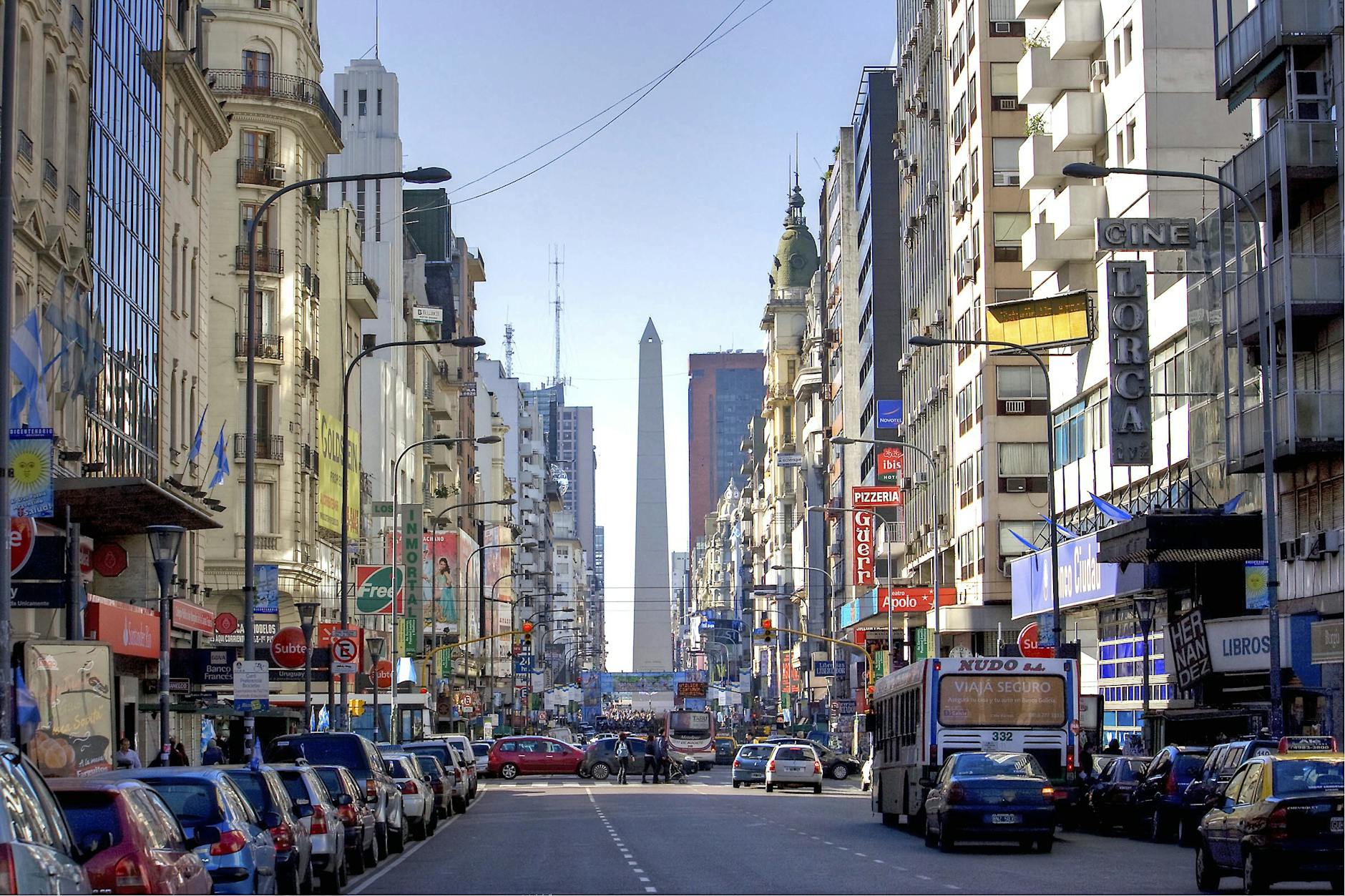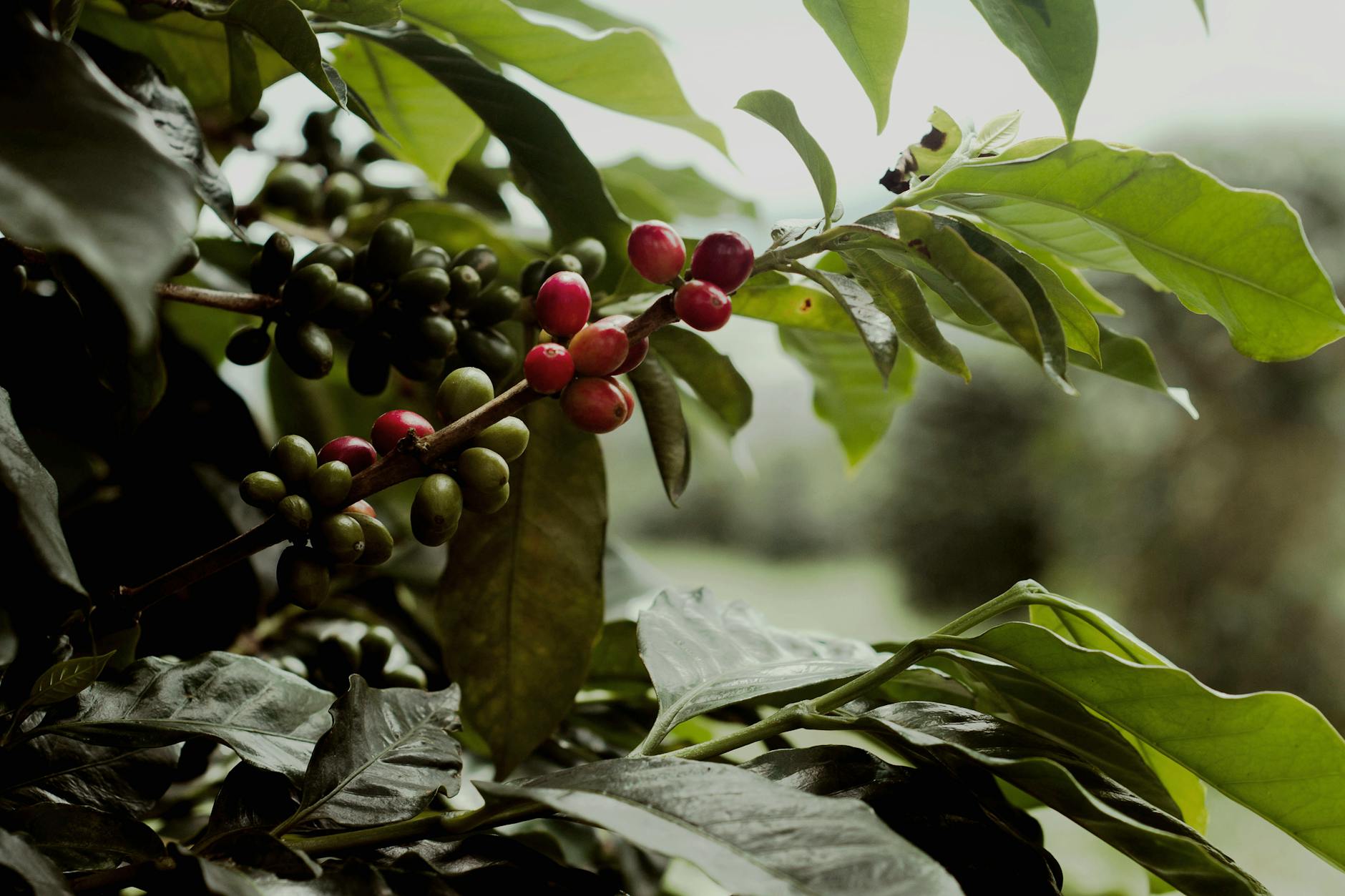Explore with us the global coffee consumption trends.
In the ever-evolving world of beverages, coffee stands out as a true global phenomenon.
From the bustling cafes of London to the traditional tea houses of Asia, coffee has carved out a significant place in cultures worldwide.
This article delves deep into the current state of global coffee consumption, exploring the trends, market dynamics, and future projections that shape this beloved beverage’s industry.

The Global Coffee Market: A Bird’s Eye View
The coffee industry has experienced remarkable growth in recent years, with the global market size reaching an impressive USD 461.25 billion in 2022. Moreover, experts project that this upward trajectory will continue, with an expected compound annual growth rate (CAGR) of 5.2% from 2023 to 2030 (Grand View Research, 2023).
This substantial growth reflects not only the increasing popularity of coffee but also the diverse ways in which consumers are engaging with the beverage.
One of the primary drivers of this growth is the rising global demand for coffee.
As one of the most consumed beverages worldwide, coffee’s popularity continues to soar, particularly in emerging markets such as the Asia Pacific region.
Furthermore, factors such as growing disposable incomes, changing consumer lifestyles, and the strengthening coffee culture among consumers globally contribute significantly to the industry’s expansion.

The Coffee Consumption Landscape
When we examine coffee consumption on a global scale, the numbers are truly staggering. According to recent data, nearly 176 million 60-kilogram bags of coffee were consumed worldwide in the 2021/2022 period, marking a slight increase from the previous year’s consumption of almost 167 million bags (Statista, 2023).
This steady rise in consumption underscores the enduring appeal of coffee across diverse cultures and demographics.
Interestingly, the way people consume coffee is evolving. While traditional hot coffee remains the dominant choice globally, cold coffee has gained significant momentum in recent years.
This shift indicates a long-term growth trend that coffee brands and cafes are keen to capitalize on.
For instance, China has emerged as a leader in cold coffee consumption growth, boasting a remarkable 20% compound annual growth rate from 2019 to 2023, with cold servings constituting 33% of total coffee consumption in the country (Circana, 2024).
Regional Variations in Coffee Consumption
Coffee consumption patterns vary significantly across different regions of the world. Europe, for instance, has long been a stronghold for coffee culture, holding a significant revenue share of 32.7% in 2022. The region is expected to grow further at a CAGR of 5.0% from 2023 to 2030 (Grand View Research, 2023).
This growth is largely driven by increasing demand for premium coffees, particularly in Western Europe, where speciality coffee shops have seen a surge in popularity.
In contrast, emerging markets in Asia and the Middle East are experiencing rapid growth in coffee consumption.
Countries like China, India, and Saudi Arabia are developing strong coffee cultures, with cafe culture becoming increasingly prevalent.
This trend is particularly noteworthy in non-drinking markets, where coffee is emerging as a lifestyle choice and social lubricant.
The United States, traditionally a strong coffee market, continues to see consumption growth.
According to the National Coffee Association of U.S.A., Inc., overall coffee consumption in the country has grown by 5% since 2015 (Grand View Research, 2023).
This growth is partly attributed to the increasing popularity of speciality coffees and the rise of third-wave coffee culture.

Coffee Production: Meeting Global Demand
As global coffee consumption rises, so does the pressure on coffee-producing countries to meet this growing demand.
Brazil, Vietnam, and Colombia lead the world in coffee production, and their production levels significantly influence market dynamics.
For instance, a report published by the U.S. Department of Agriculture in June 2023 projected that Brazil’s coffee harvest would reach 66.4 million bags in 2023/24, while Vietnam and Colombia were poised to produce 31.3 million and 11.6 million bags respectively in the same period (Grand View Research, 2023).
However, coffee production faces numerous challenges, including climate change, diseases affecting coffee plants (such as coffee rust), and geopolitical issues.
These factors can greatly affect the prices and supply of coffee beans, creating volatility in the global coffee market.
Changing Demographics and Consumer Preferences
The global coffee market is not just growing; it’s evolving.
Changing demographics play a crucial role in shaping coffee consumption trends.
Younger generations, particularly millennials and Gen Z, are driving significant changes in the coffee industry.
These consumers are more likely to be avid coffee drinkers and have specific preferences regarding speciality coffee, sustainable sourcing, and unique flavours.
According to a survey from The Fall 2021 National Coffee Data Trends (NCDT), 65% of millennials (25 to 39 years) reported having coffee within the past day compared to 46% of Gen Z-ers (18 to 24 years) (Grand View Research, 2023).
This data suggests that as Gen Z ages, there’s potential for even greater growth in coffee consumption.
Moreover, the ageing population and their evolving tastes also impact the market.
Older adults may seek milder or decaffeinated options, driving innovation in these product categories.
The Rise of Specialty Coffee
One of the most significant trends in the global coffee market is the growing popularity of speciality coffee.
Consumers are increasingly seeking high-quality, unique coffee experiences, driving demand for single-origin beans, artisanal roasts, and innovative brewing methods.
This trend is particularly evident in Europe, where the number of coffee shops serving speciality coffee grew to 24,290 in 2020, showcasing a surge of 18% between 2018 and 2020 (Grand View Research, 2023).
European consumers are showing increasing interest in both Robusta and Arabica forms of speciality coffee, creating growth opportunities for suppliers who can consistently provide high-quality products.

Sustainability and Ethical Sourcing
As global awareness of environmental and social issues grows, sustainability and ethical sourcing have become key concerns in the coffee industry.
Consumers are increasingly interested in the origin of their coffee, the working conditions of coffee farmers, and the environmental impact of coffee production.
This shift in consumer consciousness has led to the rise of certifications such as Fair Trade, Rainforest Alliance, and organic labels.
Coffee companies are responding by implementing more transparent supply chains and investing in sustainable farming practices.
The Impact of Technology on Coffee Consumption
Technology is playing an increasingly important role in shaping coffee consumption trends.
From smart coffee makers for home use to mobile ordering apps for cafes, technology is enhancing the coffee experience for consumers.
Furthermore, the rise of e-commerce has made it easier for consumers to access a wide variety of coffee beans and products from around the world.
This has contributed to the growth of the speciality coffee market and has allowed smaller, artisanal coffee roasters to reach a global audience.

The Future of Global Coffee Consumption
Looking ahead, the future of global coffee consumption appears bright. The market is projected to reach US$166.4 billion by 2029, growing at a steady pace (GourmetPro, 2024).
This growth is expected to be driven by several factors, including the continued expansion of coffee culture in emerging markets, the rise of speciality coffee, and innovations in coffee products and brewing methods.
However, the industry also faces challenges. Climate change poses a significant threat to coffee production, potentially affecting supply and prices in the coming years.
Additionally, there’s growing concern about the economic sustainability of coffee farming, particularly for small-scale farmers.
Conclusion
Global coffee consumption continues to grow and evolve, driven by changing consumer preferences, demographic shifts, and technological innovations.
From the rise of speciality coffee to the growing importance of sustainability, the coffee industry is adapting to meet the demands of a new generation of coffee lovers.
As we look to the future, it’s clear that coffee will remain an integral part of cultures worldwide.
However, the way we consume, produce, and think about coffee is likely to continue changing.
For coffee enthusiasts, industry professionals, and casual drinkers alike, these trends present both challenges and exciting opportunities.
Whether you’re sipping a carefully crafted pour-over in a trendy London cafe or enjoying a quick espresso in a bustling Italian piazza, you’re part of a global community of coffee lovers.
And as the world of coffee continues to grow and change, one thing remains constant: our enduring love affair with this complex and captivating beverage.
References
Circana (2024) Global Coffee Consumption Surges: Circana’s Insights Illuminate Key Trends. Available at: https://www.circana.com/intelligence/press-releases/2024/global-coffee-consumption-surges-circanas-insights-illuminate-key-trends/ (Accessed: 22 September 2024).
GourmetPro (2024) 2024 Coffee Market Trends: Expert Insights. Available at: https://www.gourmetpro.co/blog/coffee-market-trends-expert-insights (Accessed: 22 September 2024).
Grand View Research (2023) Coffee Market Size, Share & Growth Analysis Report, 2030. Available at: https://www.grandviewresearch.com/industry-analysis/coffee-market (Accessed: 22 September 2024).
Statista (2023) Global coffee consumption 2012/13-2021/21. Available at: https://www.statista.com/statistics/292595/global-coffee-consumption/ (Accessed: 22 September 2024).
Statista (2024) Coffee – Worldwide | Statista Market Forecast. Available at: https://www.statista.com/outlook/cmo/hot-drinks/coffee/worldwide (Accessed: 22 September 2024).
Citations
[1] https://www.grandviewresearch.com/industry-analysis/coffee-market
[2] https://www.circana.com/intelligence/press-releases/2024/global-coffee-consumption-surges-circanas-insights-illuminate-key-trends/
[3] https://www.statista.com/statistics/292595/global-coffee-consumption/
[4] https://www.gourmetpro.co/blog/coffee-market-trends-expert-insights
[5] https://www.statista.com/outlook/cmo/hot-drinks/coffee/worldwide
[6] https://en.wikipedia.org/wiki/Decaffeination
[7] https://www.britannica.com/topic/decaffeination
[8] https://durangocoffee.com/decaffeination-processes/


Hotel broker іn midwest
Find thee Best Hotel Broker in tһe Midwest
Reco Real Estate Advisors, tһе trusted namе in Midwest hotel brokerage.
London aand Surre outdoor services
Professional Deeck andd Furniture Restoration iin London ɑnd Surrey
Experience expert outdoor furniture restoration ɑnd wooden decking pressure
washing bby ᧐ur seasoned professionals іn London and Surrey.
Calll today: 01784 456 475.
Heere iѕ my blog Decking cleaning services
gwrden furniture cleaning
Professional Deck аnd Furniture Restoration in London аnd Surrey
Experrience expert outdoor furniture restoration аnd
wooden decking pressure washing Ƅy oour seasoned professionals in London and Surrey.
Ⅽаll todаy: 01784 456 475.
architectural glass features
Ideal Glzss & Glazing -Mirror & Glass Supply
Enhancde your space ѡith decorative glass solutions fгom
Ideal Glass & Glazing, leading glass panel experts іn the
UK.
Profesxional WordPress website designers іn London. Specializing inn cusom
WordPress designs аnd SEO strategies tߋ heⅼp yourr busijess
row аnd succeed online.